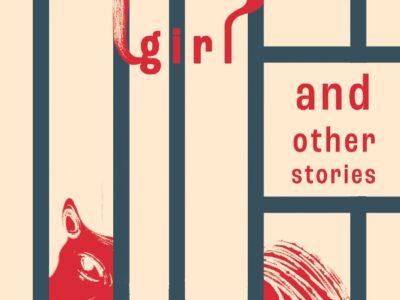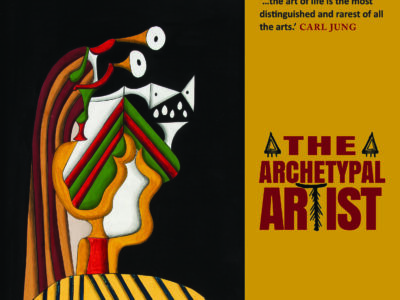Kunal Basu’s book set in Zakaria Street, Kolkata, is the story of that part of the city, which is not so nice and happy; there’s blood on the streets and struggle for identity and existence. “I look for the strange, the not so familiar,” says the author

His first novel was ‘Opium Clerk’, set in the 19th century Kolkata, second a Moghul novel The Miniaturist, third a Victorian novel set in Africa and the fourth a Portuguese story set in China all the four historicals; it is for his fifth novel, ‘Kalkatta’ that the Oxford academician, author, Kunal Basu explored the unexplored parts of the city where he was born and grew up.
There is Calcutta, the anglicised version, the Kolkata, which is the Bengali middle-class version, to which I belong, and the Kalkatta that is inhabited by the subaltern over 50 per cent of the poor non-Bengalis, many of whom migrated from Uttar Pradesh, Bihar, Orissa and even Bangladesh, illegally. It is difficult to write about the city, and being from a middle class, it is quite obvious to write about the “Bengaliness” of the city.
However, for the book, I spent around three years exploring the area, I was introduced to people who lived there, I became friends, I became family friends, I flew kites on the roads, I ate with the families, hung out with the boys, I went to shady bars and encountered male prostitute, whom, normally, I would never have met,” Kunal shares.

But I hope there are lighter moments that are as much a part of daily life as are the emotional ones.” “I live in Europe for over six months in a year. And I see the refugee crisis that has impacted people in the West. I tell friends there that in India, the refugee crisis is not new. Through partition, from Tibet etc, we lived with a notion of people, who have sought refuge in India,” he adds.
I was never really taken by the Bollywood depicted Bengalness of Kolkata. Growing up and living in the city, I knew it has many facets and some of them are rough there is blood on the streets. When will authors and readers wake up to it. Why should I repeat to the readers the lyrical aspect of Bengalis Its true in parts but it’s not truth in entirety? Working on the book has changed my view of Kolkata.
One is the amount of research done and the other is the empathy that one has towards people. “This is the main difference between Indian way of thinking and western thought when it comes to writing about India, and the western author usually misses on the empathy. Kolkata is my city and there is a rotten side to it.
‘The Japanese Wife’ from the collection of his short stories was made into a film and he says, “Aparna Sen has done an outstanding job in directing the film, and in fact, I think a few of the scenes are better than my writing. Each time I watch the last scene of the film, I have tears in my eyes.”

‘Kalkatta’ is not a happy story, and though it is fiction and according to the author, the characters of the book are not based on real-life; it is the people and streets of Kolkata that find resonance in the book. And that includes the language that is intentionally kept street style, even though written in English.
There are so many stories of which, some naturally fitted into the book and some didn’t. So probably, my future books may have a small part with untold stories from Zakaria Street,” says the author, who has recently written a yet to be published book in Bangla language that is also set in contemporary Kolkata.















